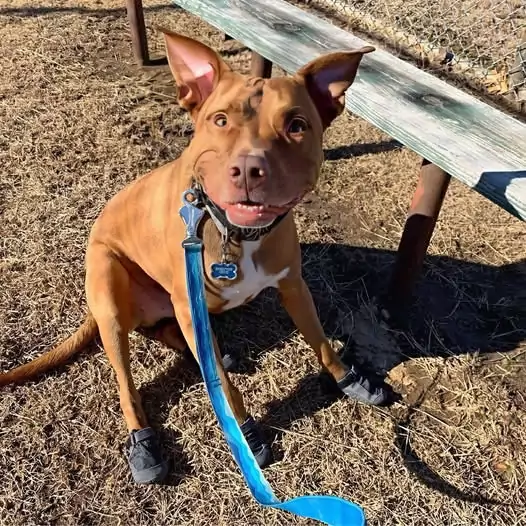
Bari didn’t understand the human concept of “ugly.” He understood the warmth of the sun on his fur, the satisfying crunch of a dry leaf under his paws, the exciting smells that the wind carried. He understood the joy of a good belly rub and the comfort of a kind voice. But “ugly”? That was a human word, a concept he couldn’t quite grasp.
His face was…different. His snout was a little too long, his ears a little too floppy, and one of his eyes was slightly smaller than the other, giving him a perpetually quizzical expression. He’d seen his reflection in puddles – a distorted image that didn’t seem to bother him much. It was just his face, after all.
He lived on the fringes of a small town, a familiar figure to the locals, though few ever stopped to interact with him. He’d watch them from a distance, their faces lighting up as they greeted other dogs, dogs with sleek coats and bright, symmetrical features. He’d see the smiles, the gentle pats, the playful interactions. Then, their gaze would fall on him, and the smiles would often falter, replaced by a flicker of something he couldn’t quite decipher – pity, perhaps, or even a hint of disgust.
He’d overhear snippets of conversations, hushed comments that drifted on the breeze. “Look at that dog,” they’d say, their voices tinged with a mixture of amusement and disdain. “He’s…interesting looking.” Or, “He’s not exactly a beauty, is he?”
At first, Bari was confused. He didn’t understand why people reacted to him this way. He wasn’t mean or aggressive. He was gentle, affectionate, and eager to please. He just wanted to say hello, to offer a friendly wag of his tail, to perhaps receive a kind word or a gentle touch.
But as the rejections piled up, a quiet sadness began to settle in his heart. He started to notice the way people’s steps quickened as they passed him, the way they’d pull their children closer, the way they’d cross the street to avoid him altogether.
He’d often find a quiet spot under a willow tree by the river, his head resting on his paws, a quiet sigh escaping his lips. He’d think about the whispers, the averted eyes, the subtle signs of rejection. He couldn’t see himself as others did, but he could feel the weight of their perceptions.
He’d think, Do they not like me because of my face? Do they think I’m…ugly? Is that why they stay away? The questions echoed in his mind, a constant, nagging worry. He’d look down at his paws, then back up at the passing people, his tail tucked low.
He longed for the same kind of interactions he saw other dogs enjoying: the gentle pats, the loving words, the bright smiles. He longed to feel accepted, to feel like he belonged. He didn’t understand why his appearance mattered so much. He was still the same dog inside, full of love and loyalty.
He couldn’t change his face. He hadn’t chosen to be born with a long snout, floppy ears, and mismatched eyes. But he hoped, with a quiet desperation, that one day, someone would see past his outward appearance and recognize the gentle soul that resided within. He hoped that someone would understand that true beauty wasn’t about outward appearances, but about the kindness and love that shone from within. He just wanted to be accepted, just as he was, quirks and all. He just wanted to know that he wasn’t being avoided simply because he was considered “ugly.” He was still a good dog, and he hoped, more than anything, that people could see that and give him a little love.









